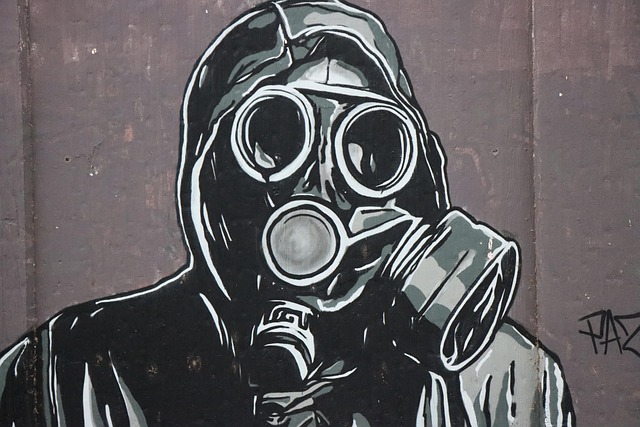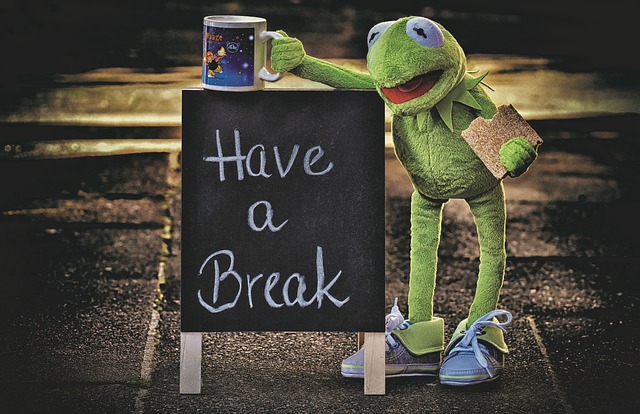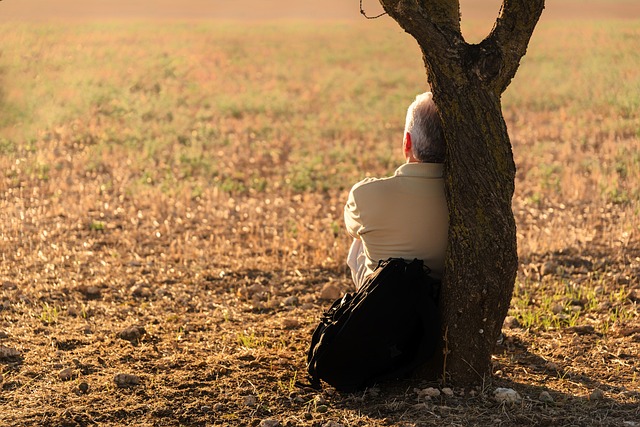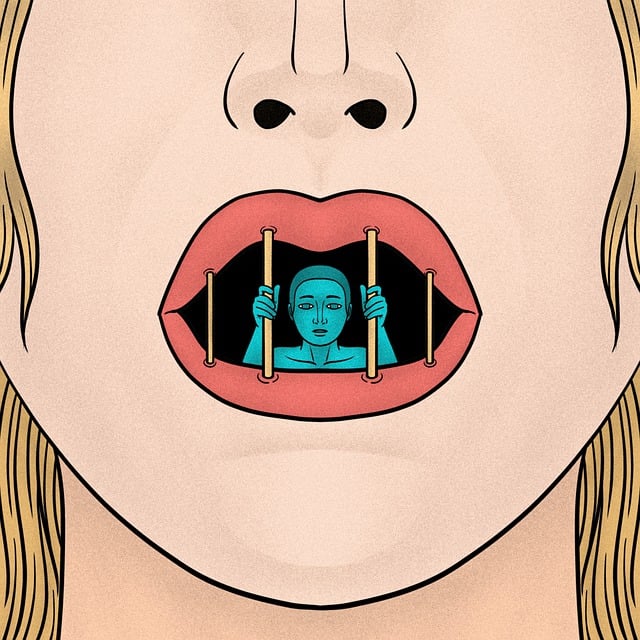There are systems all around us—unspoken rules, expectations, and structures that shape the way we think, behave, and move through the world. Some of these systems provide order and stability, helping society function. But not all systems are built for our well-being. Some exist only to control, to extract, to maintain power at the expense of those within them. And yet, we are taught not to question them. Instead, we are conditioned to obey, to adapt, to believe that the problem is us—not the system itself.
Unhealthy systems thrive on compliance. They do not change because those who benefit from them do not want them to. So rather than allowing us to question, they teach us that questioning is dangerous. That speaking up is selfish. That walking away is betrayal. They make us believe that our role is not to fix the system but to fit into it, no matter how much it harms us.
The Weight of Unquestioned Systems
From the time we are children, we are trained to accept certain structures as unchangeable. We inherit beliefs about work, relationships, authority, morality, and success without ever being encouraged to ask, Is this actually good? Instead, we are told, This is just the way things are. We are expected to bend ourselves to fit, even when the fit is unnatural, painful, or even harmful.
When a system is unhealthy, it does not make room for individuality, growth, or change. Instead, it demands conformity. It tells you that your discomfort is personal failure—that if you struggle to keep up, if you feel suffocated, if you want something different, the fault is yours. Not the system.
Many people never stop to question these structures because questioning feels like rebellion. It feels unsafe. We have been taught that those who step outside the lines are troublemakers, that those who challenge the status quo are selfish, ungrateful, or even dangerous. So instead, we shrink ourselves. We silence our doubts. We convince ourselves that if we just work harder, adjust more, or numb the discomfort long enough, everything will feel right.
The Unseen Police: Fear, Guilt, and Shame
Unhealthy systems do not need physical barriers to keep people inside. They have stronger weapons—fear, guilt, and shame. These invisible forces are more powerful than any law because they do not need enforcement; they live inside us, controlling our thoughts before we even have a chance to act.
Fear keeps us from questioning. What if I speak up and lose everything? What if I’m wrong? What if I become an outsider? We fear rejection, punishment, instability. We are warned that stepping outside the system will bring consequences, so we stay, even when we know something is wrong.
Guilt tells us that we owe something to the system, that our discomfort is less important than our obligation. What if I let everyone down? What if walking away makes me a bad person? We are taught that suffering in silence is noble, that sacrifice is a virtue, that choosing ourselves over the system is selfish. So we stay, convincing ourselves that enduring pain is proof of loyalty, proof of goodness.
Shame convinces us that we are the problem, not the system. Why am I struggling when others seem fine? Why can’t I just be happy with the way things are? Shame isolates us, makes us feel unworthy, makes us believe that if we were just better, we wouldn’t feel this way. We internalize the system’s flaws as our own, turning against ourselves instead of questioning what we are being asked to conform to.
Do We Owe Anything to an Unhealthy System?
The biggest lie an unhealthy system tells you is that you owe it something. That your role is to serve it, protect it, uphold it—even when it does not serve, protect, or uphold you in return. But obligation without mutual care is not duty—it is control.
You do not owe a system your silence if speaking out could create change. You do not owe it your participation if it diminishes you. You do not owe it your loyalty if it demands you betray yourself. You do not owe it your suffering, your well-being, or your future just because it claims to be bigger than you.
If a system is built on harm, your refusal to support it is not betrayal. It is integrity. If a system only functions when people comply out of fear, guilt, or shame, then it does not deserve your participation. The idea that you must accept things as they are simply because they have always been that way is not wisdom—it is manipulation.
What to Do When You Find Yourself in an Unhealthy System
Recognizing an unhealthy system is the first step. Awareness breaks the illusion that the problem is you. It allows you to see that the pressure, the fear, the exhaustion are not signs that you are weak—they are signs that something is deeply wrong with what you have been expected to endure.
Once you see the system for what it is, you have choices. Some systems can be changed from within. If you have the strength, the voice, and the opportunity to challenge the system and make it better, that may be your path. But not all systems are meant to be saved. Some can only be left behind.
Leaving does not always mean physically walking away. Sometimes, it means emotionally detaching—refusing to accept the guilt they place on you, rejecting the fear they use to control you, unlearning the shame they have instilled in you. It means no longer internalizing the lie that you are the problem.
Healing from an unhealthy system takes time. When you leave, whether physically or mentally, there may be a moment where you feel lost, unanchored, unsure of what to do without the rules you once lived by. But this is not emptiness—it is freedom. And freedom, though unfamiliar at first, is what allows you to create a life that actually aligns with who you are, rather than what a broken system told you to be.
The Truth About Systems
A system is only as strong as the belief that upholds it. The moment people stop believing in its power, it begins to collapse. This is why unhealthy systems fight so hard to keep people inside. They know that the moment people see clearly, the moment they stop feeling guilty for questioning, the moment they realize they do not have to comply, the system begins to lose its grip.
The world does not need more people who blindly obey. It needs more people who ask, Why? Who refuse to be controlled by fear. Who choose integrity over conformity. Who are willing to walk away from what does not serve them, no matter how much the system demands they stay.
You do not exist to uphold what is broken. You exist to seek truth, to live in alignment with yourself, and to create something better. And no system—no matter how powerful it seems—can take that away from you unless you let it.













